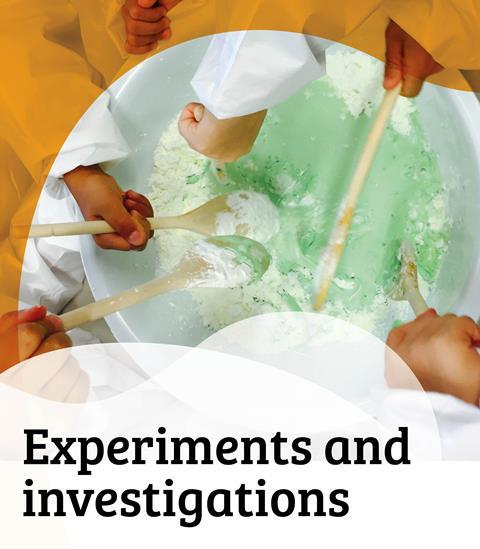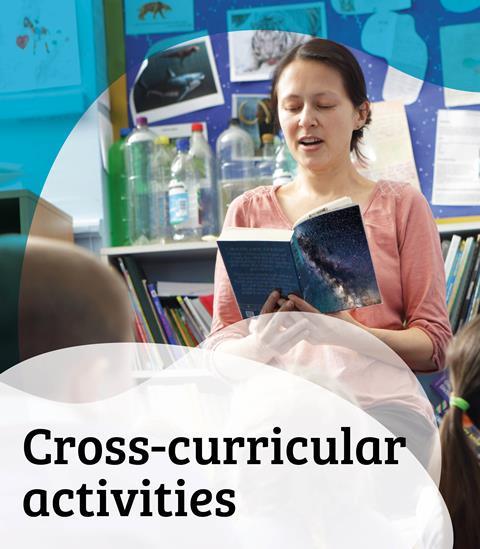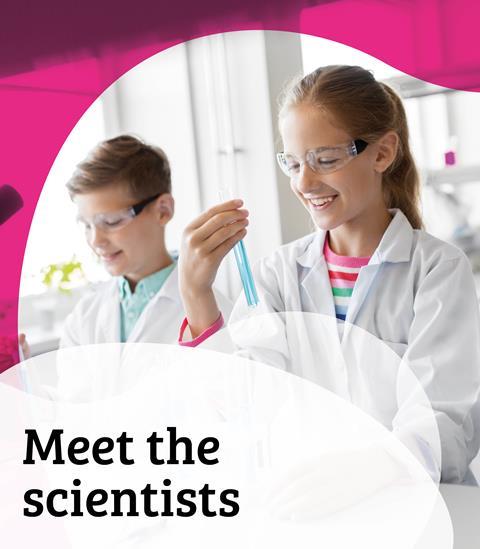Learn about solids, liquids, gases and changes of state with this short podcast
Produced by FunKids Radio and the RSC, this short snippet uses Kareena and her superhero friend K-Mistry to introduce children to solids, liquids, gases and changes of state.
This podcasts can be used as a ’hook’ when introducing the topic to your students, or at the end of a lesson to stimulate discussion about what they have learnt.
If you teach primary science, see the headings below to find out how to use this resource:
Skill development
Children will develop their working scientifically skills by:
- Drawing conclusions and raising further questions that could be investigated, based on their data and observations.
- Using appropriate scientific language and ideas to explain, evaluate and communicate their methods and findings.
- Finding things out using a range of secondary sources.
Learning outcomes
Children will:
- Compare and group materials together, according to whether they are solids, liquids, or gases.
- Describe how living things are classified into broad groups according to common observable characteristics and based on similarities and differences, including micro-organisms, plants, and animals.
Concepts supported
Children will learn:
- What is meant by the terms solids, liquids, gases and changes of state.
- What is meant by the terms ‘reversible change’ and ‘irreversible change’.
- That the properties of the different states of matter, and reversible/irreversible changes have roles in our everyday lives, including in the kitchen.
Suggested activity use
This activity provides a useful way for to assess children’s knowledge of solids, liquids and gases. You could listen to the recording first, and provide examples mentioned in the recording and your own suggestions to children. They could then work in groups to describe the chemistry involved, identifying where they see solids, liquids and gases, and noting different chemical changes, e.g. yeast in making bread rise, and the bubbles in fizzy drinks.
The recording could then be played to the children at the end to provide some of the answers.
Practical considerations
You will need to listen to the recording first to gain an idea of the examples mentioned. You could also provide other examples to children, such as melting ice, toasting bread and making squash.
You may need to prepare scaffolding questions in advance to provide children with help in forming their responses.
Downloads
Kitchen K-Mistry - fast facts: hubble bubble
Audio | Other, Size 2.35 mb
Kitchen science podcasts
- 1
- 2
- 3
- 4
- 5
 Currently reading
Currently readingSolids, liquids, gases and changes of state
- 6
- 7
- 8
- 9
- 10
- 11
- 12
- 13
- 14
- 15
- 16
- 17
- 18
- 19
- 20
- 21
































No comments yet